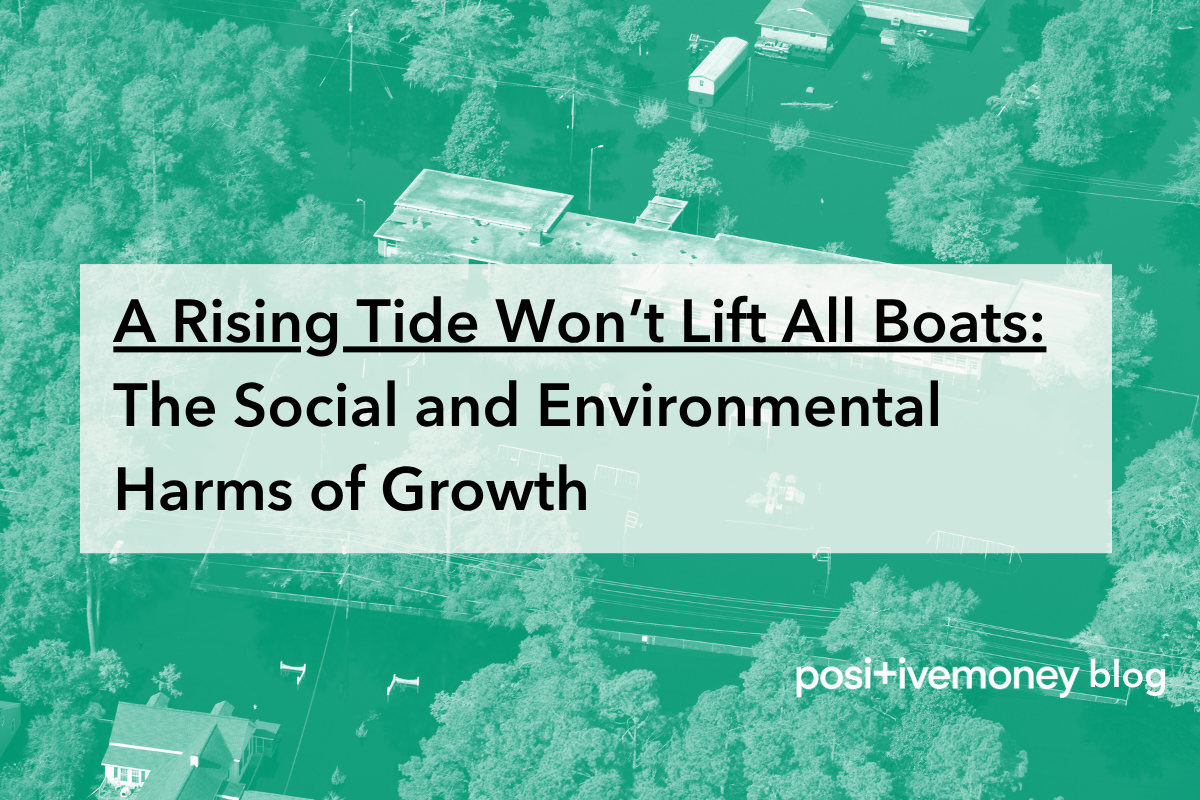
MacroeconomicsUK
15 May 2025
The effects of climate change are becoming more severe and frequent, threatening ecosystems and human livelihoods worldwide. A huge amount of investment is needed to transform our energy and economic systems so that they support a fair and healthy future for all. But UK banks and financial institutions still pour billions every year into risky fossil fuels, even though the science is clear that we must rapidly wind-down fossil fuels and green our energy systems.
Central banks are powerful, publicly-owned institutions that sit at the heart of the financial system. Climate change and the breakdown of the natural world present enormous challenges, and risk destabilising our society and our economy. If fossil fuel assets become stranded, they could trigger a serious financial crisis, and as the impacts of climate change continue to materialise, we are more likely to see supply bottlenecks that drive price inflation. As the institutions responsible for maintaining price and financial stability, and with a huge amount of power at their disposal, central banks have a key responsibility and role to play in delivering a just, green transition.
Positive Money develops and advocates for radical policy ideas to get finance to flow to the green economy.
To respond to the dual challenges posed by the impacts of climate change on the economy, and the task of financing the green transition, macroeconomic policymaking needs a major rethink. Governments and central banks worldwide must work together to redirect our financial system so that it supports a greener and fairer future. All of our economic institutions have a role to play.
The Bank of England can introduce green monetary policies to get money flowing to green projects, like excluding fossil fuel assets from being eligible for commercial banks to use as collateral when they borrow from the central bank, and introducing schemes to make it cheaper for banks to lend to green projects versus fossil fuels. The government can work with the Bank of England and other financial regulators to develop financial regulation to limit risky fossil fuel lending and ensure that financial institutions are aligning their activities with climate science. And finally, public finance, including through public finance institutions like infrastructure banks, must play a critical leadership role in financing the green transition.
We’ve shifted the dial on creating a greener economy by:
Getting climate change in the Bank of England’s mandate
Pushing the Bank of England to green its corporate quantitative easing (QE) programme and include environmental conditions on it’s scheme to provide financial support to energy companies
Raising awareness of the role of climate change and fossil fuels in driving inflation
